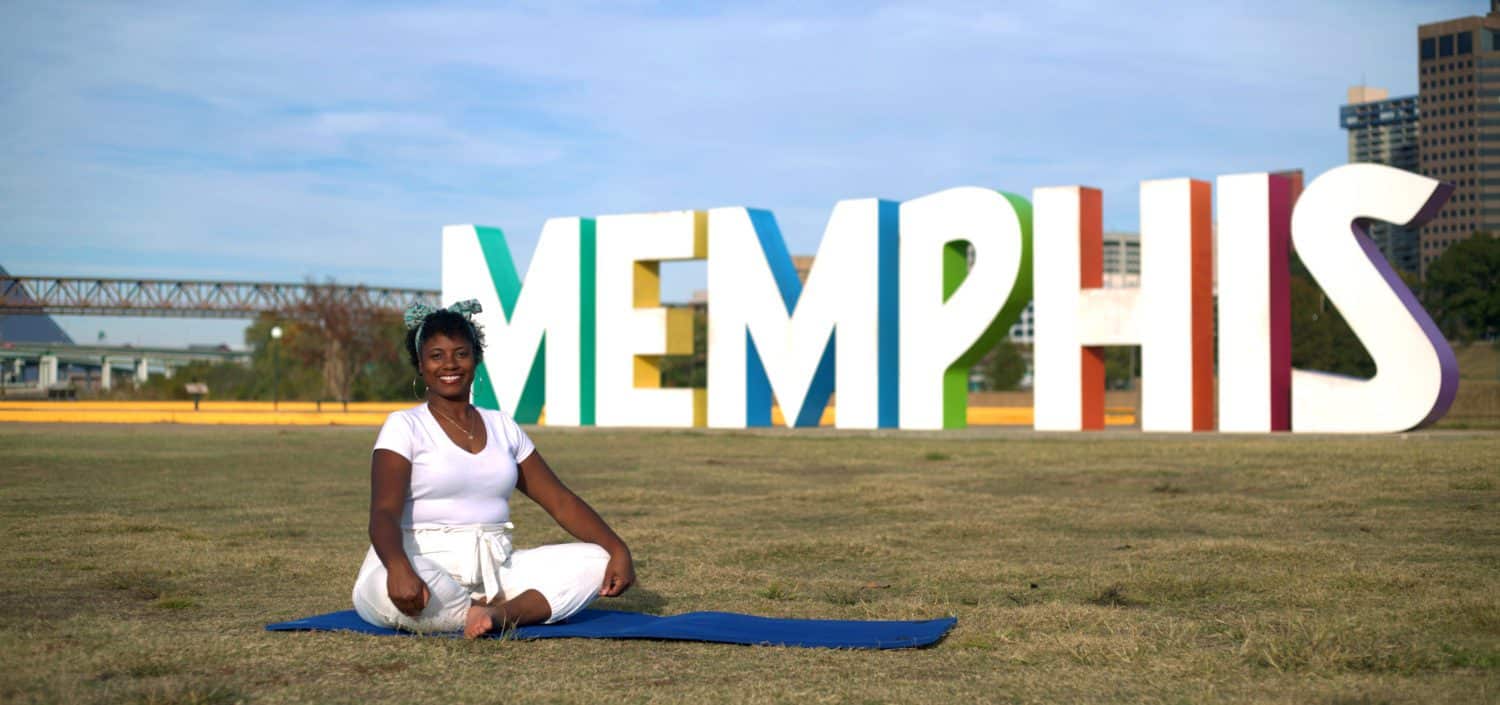Everywhere in nature, we see change. The one unchanging thing about Mother Nature is that she is constantly changing. Day gives way to night. The hot and humid days of summer yield to the brisk, cool winds of fall. The garden is in bloom and then goes to seed.
Similarly, in our own lives, there is constant flux. Constant change. Think of your own life over the past ten years: all the people who have come and gone; changes in your living situation, your work, your finances, your health, or simply how you spend your days. In everyone’s life, the pendulum swings between pleasure and pain, loss and gain, praise and blame. Birth, growth, decay, and death are the major steps in Creation’s eternal dance.
We live in an ocean of change. We are a microcosm of the universe. The same laws that we see in the macrocosm are operative in us as well.

For example, in our pranayama practice, we learn to control the pranic force within us, and then we know how to control it outside us as well. If we compare a laser beam to an ordinary light bulb, we observe how focus brings power. In meditation, we experience the same effect when focusing the mind on a single object.
So, if we are the microcosm and the macrocosm is constantly changing, why do we sometimes get stuck in undesirable habits or situations? Why do we sometimes feel powerless to make a change in our lives? Why do some obstacles seem insurmountable, certain problems unsolvable?
It seems like a paradox.
Reasons We Don’t Make Changes
A little analysis will reveal some fundamental reasons why we don’t make changes:
- We don’t believe we can.
- We give up too soon.
- Karmic factors obstruct our path.
- We’re attached to the situation or behavior we wish to release.
- Forgiveness issues hold us captive.
- Attitudes and habits sabotage our efforts.
One Main Obstacle: Doubt
Very often the reason we don’t make changes is because we don’t believe we can; we don’t believe in ourselves. Sometimes among spiritual seekers, low self-esteem parades as humility. To be truly humble doesn’t mean to think poorly of yourself. You recognize that you, like everyone else, has a unique role to play in the Divine plan. You do your best and then leave the rest, trusting that a Higher Power is always there to guide and support your efforts.
The Yoga Sutras of Patanjali lists doubt as one of the main obstacles on the spiritual path. Even a little doubt can undermine everything. It’s like putting a thimbleful of poison into a pot of nectar; the entire pot will be tainted. Or like a grain of sand falling into a large, complex machine. The whole mechanism will come grinding to a halt. The Bhagavad Gita explains that one who doubts is ruined. A mind like that is unhappy in the present and in the future.
Bondage or Liberation Are in the Mind
The mind has tremendous creative capacity. With every thought, word, and deed, we pave the way for our liberation or greater bondage. A Sanskrit proverb states Mana eva manushyanam karanam bandha mokshayoho, which means: “As the mind, so the individual. Bondage or liberation are in the mind.” Simply put: As you think, so you become. Our health or illness, prosperity or poverty, success or failure, happiness or despair, are all the result of thoughts we chose to cherish.
Rather than try to repress or struggle with undesirable situations, the Yoga approach is to redirect the mind in a positive way. This will develop new tracks in the mind to supplant old undesirable ones. You can learn how to skillfully use your will, emotions, and intellect to forge new paths forward in life. You can experience the power of intention, self-effort, inquiry, prayer, and grace. Unwanted attachments can be released; woundedness can be healed. Attitudes, behaviors, and situations can be transformed. Yoga provides an effective set of strategies and techniques to help make positive changes in life – to release the past and embrace a better future.



